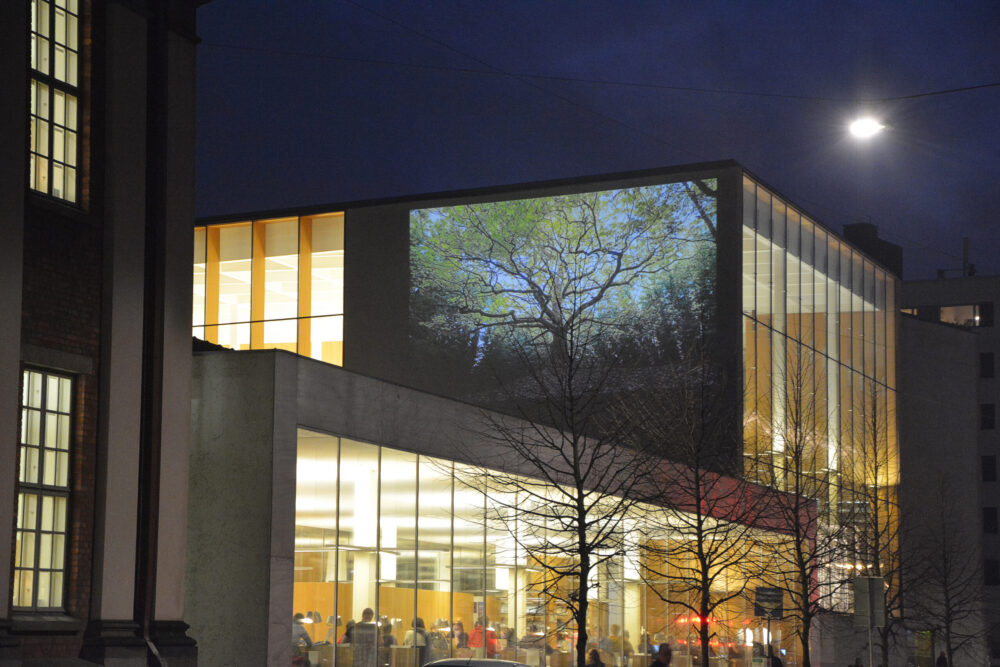The growing relevance of localization is a relatively recent phenomenon in international human rights law. Local authorities may not only have an obligation to abide by human rights but also themselves contribute to shaping human rights in interaction with local inhabitants. A prominent example of this local engagement with human rights is the establishment of so-called Human Rights Cities. The concept generally refers to a city whose local government is morally and/or legally guided by human rights principles.
Turku has taken an active approach towards human rights. It has committed to achieving Sustainable Development Goals, safeguarding children and other vulnerable groups and promoting and fulfilling a wide set of human rights. There is, however, not yet a tool to address all these issues in a coherent manner. This is the key problem that the research sets out to address. The hypothesis of this research is that the human rights-based approach adopted within the framework of the human rights city concept could be a useful method to systematise the work towards these human rights related goals.
The project is undertaken by the Institute for Human Rights at Åbo Akademi University. It will provide a comprehensive knowledge base enabling Turku to decide whether it would benefit from becoming the first Human Rights City of Finland. The project taps into synergies with the Turku City Strategy in several respects. It offers a coherent approach to preventing exclusion and providing support for vulnerable inhabitants, and it strengthens resident participation as an important part of the city’s core operations, planning and decision-making. The innovativeness of the project lies in testing the application of the Human Rights City concept to the Finnish context and in its co-creation approach. The research will result in two academic articles on the topic of human rights cities, a case study working paper and a policy brief for the City of Turku.
The project foresees collaboration with the Central Administration of the City of Turku and key stakeholders such as civil society organisations. Cooperation has also been established with the EU Fundamental Rights Agency.
The project also benefited from valuable collaboration provided by the representatives and experts from the selected European Human Rights Cities, namely Lund, Vienna, Utrecht and York.
The Human Rights City project has a multidisciplinary approach, exploring the issue of human rights in local governance from a legal as well as a social science perspective. The research is designed to be directly applicable to Turku but will also benefit any other Finnish city contemplating becoming a Human Rights City.
The project is implemented during the time period 1 August 2021 – 31 December 2022. It is funded by the Turku Urban Research Programme.

Olivia van Heerden

